nn
n
n
n
n So, Elgin got his money, the British Museum got hisnmarbles and the world got a controversy. Suddenly, everyone wanted a piece ofnGreece including, unsurprisingly, the Greeks themselves.
n
n
n
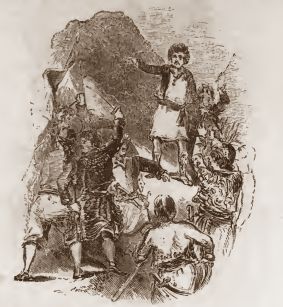 |
| Unsatisfied Greeks Meet |
n
n
n
nIn 1814, the FilikinEteria, a secret organization, was founded with the intention of freeing Greecenfrom Ottoman rule. Insurrections and revolutions began in 1821 and, to cut anvery long story far, far much shorter than it deserves to be, the Greeks gainednindependence in March 1832. The war may have imposed a hiatus on archaeologicalnactivity but it didn’t end the damage done to archaeological sites.
n
n
n
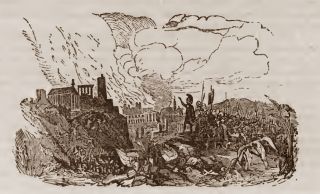 |
| Trouble at Athens (again) |
n
n
n
nOnce again,nthe Parthenon was subjected to artillery bombardment as, in 1826, Reschid Pashanranged his guns on Greek defenders on the Acropolis, with the Erectheum beingnparticularly damaged. The Turks were driven from Athens for the final time innMarch 1833, leaving the city in ruins, with scarcely only one hundred habitablenhouses left standing.
n
n
n
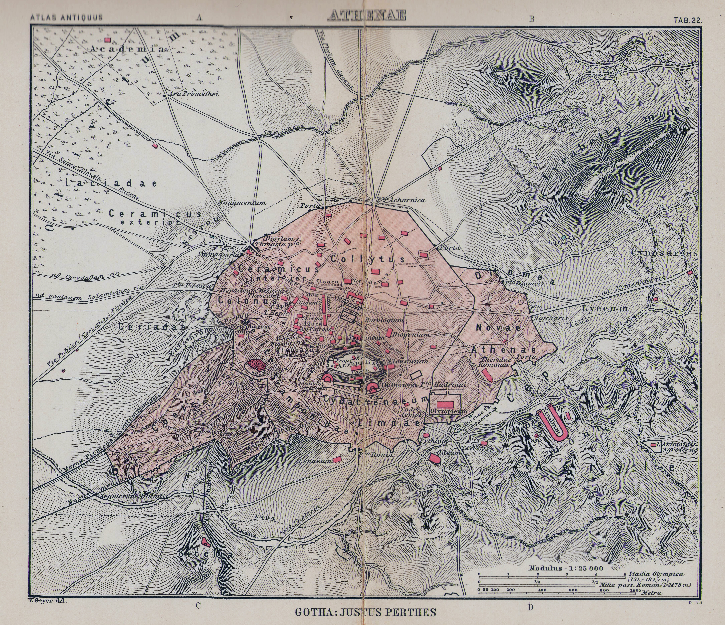 |
| Athens |
n
n
n
nLudwig I of Bavaria, who had praised the Elgin marblesnwhen many were denigrating their importance, provided Greece with its firstnKing, when his son Otto was elected to the position in 1834.
n
n
n
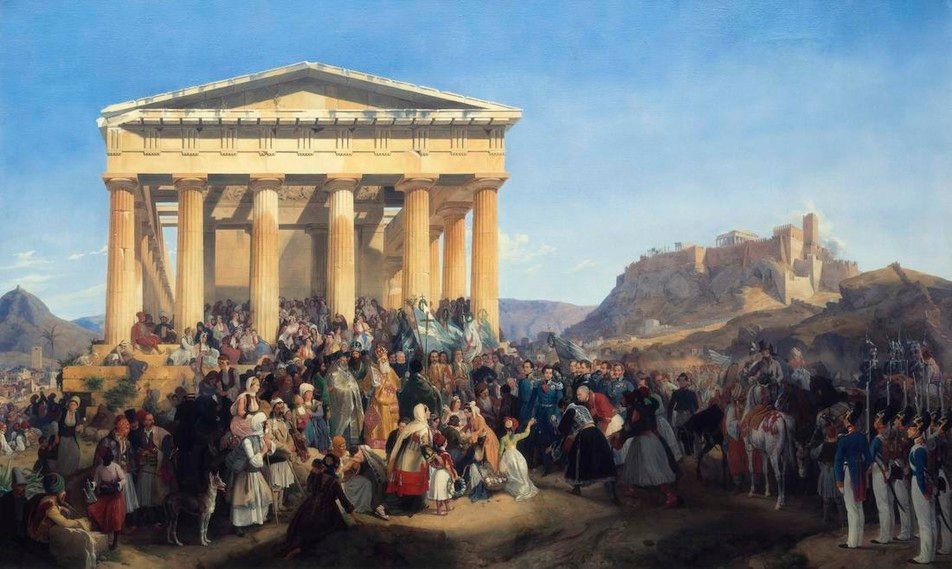 |
| King Othon arrives in Athens |
n
n
n
nOtto Hellenizednhis name to Othon, wore traditional Greek costume and moved the capital back tonAthens, but many Greeks felt that they had simply replaced the Turks, whom theynunderstood, with Germanic bureaucracy, which they didn’t.
n
n
n
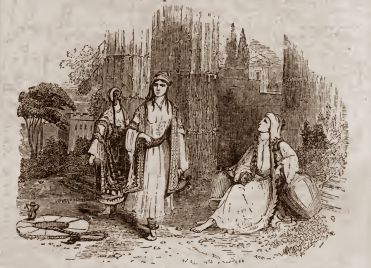 |
| Greeks dissatisfied with Bavarians |
n
n
n
nBavarian architectsnand archaeologists moved in on the Acropolis with some, like Leo von Klenze,nproposing that the Parthenon should be rebuilt by combining what ancientnfragments could be recovered with modern building materials and techniques –ntwo columns on the north side of the colonnade thus treated illustrate thenfolly of this project, which was thankfully abandoned.
n
n
n
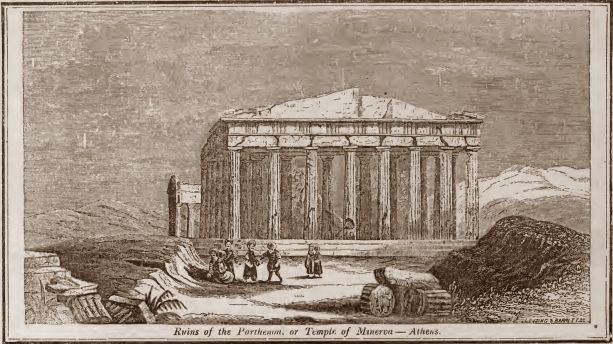 |
| The ruined Parthenon |
n
n
n
nAnother plan, which alsonfound little favour, was proposed by Karl Schinkel (the man also responsiblenfor designing the German Iron Cross), for a grand modern palace for the newnGreek monarchy, with the Parthenon restored merely as an ornament to it. Othernfigures and other nationalities became involved, for better or for worse, butnunder the Archaeological Society of Greece, systematic excavations werenconducted and all the areas not covered by buildings were examined down to thenbedrock, with finds placed in a new museum built in 1866.
n
n
n
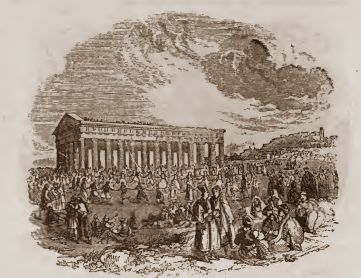 |
| Natural Disaster or the Hand Of Man? |
n
n
n
nAnd just when itnseemed that the Acropolis would be spared any further damage, Mother Naturenherself intervened as an earthquake in 1894 threatened to do what the hand ofnman could not manage, and it seemed that the Parthenon might topple. Anninternational commission set to work and once more the Acropolis seemed saved,nbut Troubles in the Balkans, two World Wars, atmospheric pollution and acidnrain have all posed dangers of their own sorts over the years.
n
n
n
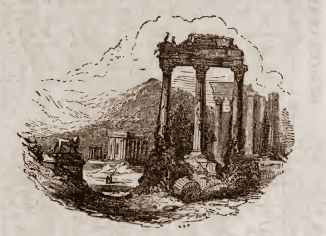 |
| Greek ruins (pt 2) |
n
n
n
nBack to thencontroversy I mentioned at the outset. Inevitably, just as the Greeks wantedntheir country back, they also wanted their statues back. Some countriesncomplied and sent back the stones they had taken from Greece. But the big one,nthe jewel in the crown, was the Elgin marbles. Even as Elgin was busy orderingnthe crates to ship them off to London, there were people pointing their fingersnand shouting ‘Thief’. Elgin pointed out, later, that he was simply moving thenstatuary to a safe ‘asylum’ where neither invading armies could take pot shotsnat them nor enterprising locals could burn the marble to make lime mortar. Henwas doing ©Western Civilization a favour.
n
n
n
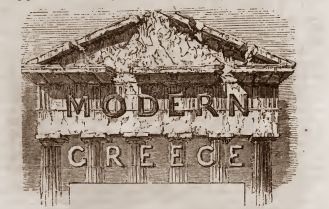 |
| Modern Greece? |
n
n
n
nThis implies that the Greeks mightnreasonably expect to get them back at a later date, but that later date has notnyet arrived, and so the Greek government regularly puts in a request and isnjust as regularly turned down. This argument would hold much more water if thenBritish Museum was really just ‘looking after’ the marbles but it comesndown to how you define ‘looking after’. When Elgin unpacked his crates, thenmarbles were a bit, shall we say, grubby. They were dirty, dusty and sooty, andnso they were given a bit of a clean. J J Winckelmann, doyen of Hellenisticnscholarship, had deemed that Classical Sculpture should be pure, pristine,nwhite marble, because he’d seen the Apollo Belvedere in Rome and that was pure,npristine, white marble.
n
n
n
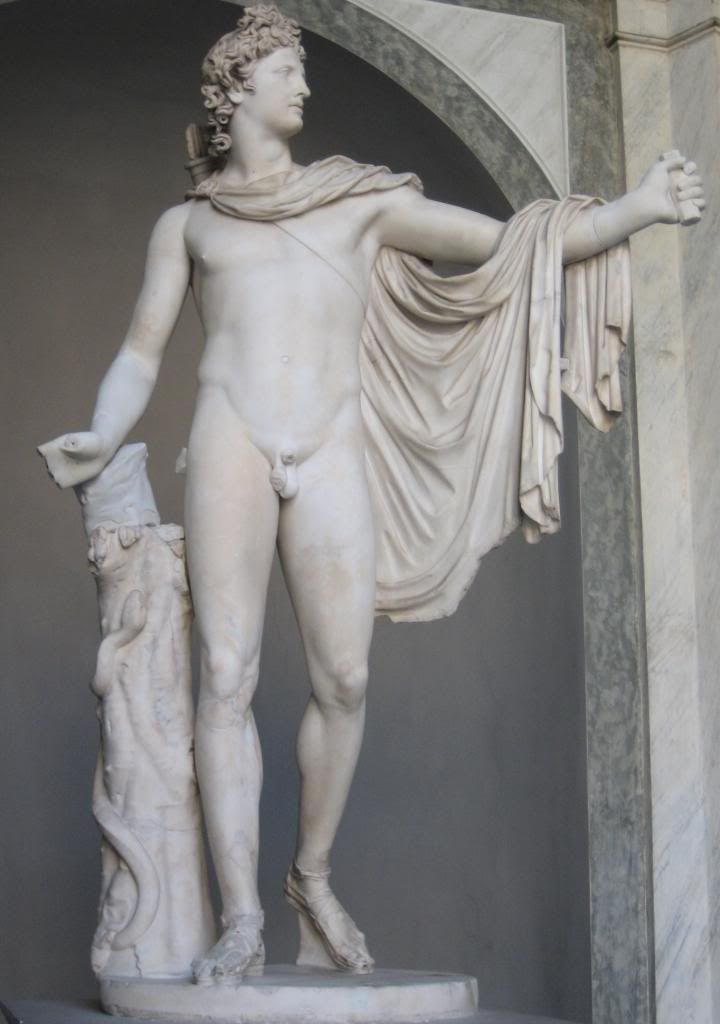 |
| Apollo Belvedere |
n
n
n
nMichael Faraday, the famous scientist, had a go atncleaning the marbles in 1838, using first water, then grit, alkalis and acids,nbut he despaired of ever getting the marbles white. Another attempt followed inn1858, which had little effect, and again in 1937, when scrapers, a chisel andnan abrasive stone were tried, which succeeded in removing some of the surfacenof the stone (in places, up to one tenth of an inch), but the stones remainedn‘dirty’. One problem is that Pentelic marble chemically reacts with air andnover time acquires a patina, the white marble turning into a pale honey colour.nAccording to taste and fashion, we currently like wood and bronze and coppernand such-like to have a patina, it gives a piece ‘age’ and ‘character’ andnevery expert will tell you that the appeal (and financial value) of yournwhatever-it-is will diminish dramatically if you get out the scouring pads. Butnfor some reason (not standing-up to the ‘experts’ being not the least) marblenshould be white – and let’s not forget that the Greeks themselves had paintedntheir statues in very bright colours in the first place. Anyway, the Greeksnsaid that the British had spoiled their marbles and the British said that thenGreeks had spoiled the marbles to begin with and anyway they were Greeks forncrying out loud, what had they ever done for ©Western Civilization (apart fromngetting it going, obviously, but you take the point).
n
n
n
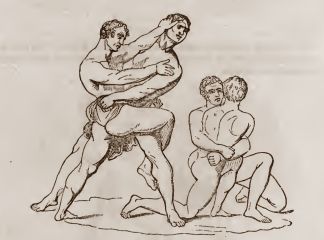 |
| Greeks, eh? What are they like? |
n
n
n
nAnd, if museums startedngiving everything back to the original places they came from, where would itnend? You’d only have museums full of things from you own country, which sort ofnundermines one point of museums. In addition, what about our stuff that’s innother peoples’ museums? Do we want all that back or can we do a swap? And whatnabout the gear we bought, surely we can keep the things we’ve paid for, leavingnaside the things we ‘acquired’ by other means. Then again, what aboutnforeigners that come here and buy a house to live in? You see where all this isngoing? It all starts to get complicated very quickly. I’m not going to tell younmy position on the Elgin marbles, but have a think about your own position, ifnyou have a few minutes to spare. And then ask yourself why you think that.
nnn
n
n
nnn
